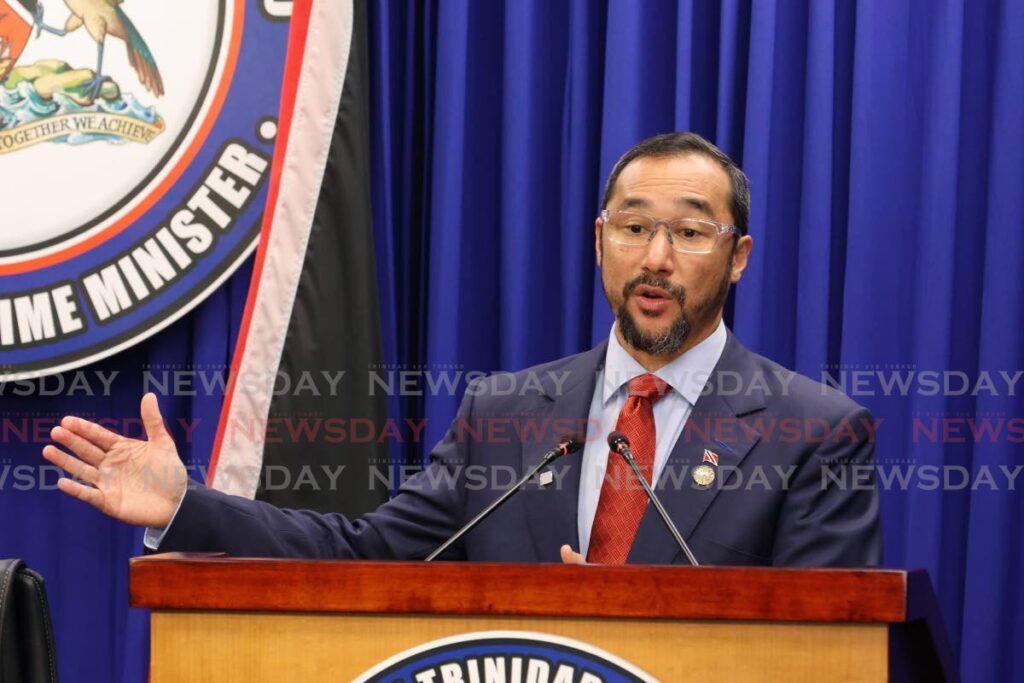Forex fog

Speaking at the post-Cabinet news conference at Whitehall on March 27, Prime Minister Stuart Young made the most astonishing statement.
"Why is it that the average citizen cannot go to the bank and get access to a reasonable amount of US forex?" he asked.
It must have been rhetorical, because the prospect of a senior member of Cabinet who has no grasp of the admittedly complex economics that drive the local forex shortage after ten years of operating at that level, is too astonishing to consider.
Mr Young announced plans to get his government more informed about the issues that have led to the years-old forex shortage.
Which is unusual, because the Central Bank's operations are directed at the highest levels, by the policy of the sitting government. It is not an independent body like the judiciary, the police commissioner or Parliament.
That shortage has created a thriving black market for US dollars (direct sales between individuals is still illegal), offering anyone with US reserves an opportunity to profit from fiscal arbitrage.
This spirited curiosity about the nation's financial operations might seem odd for a PM whose father is an experienced senior banker, and whose brother is the CEO of a capital markets firm.
By choosing to articulate this curiosity in public, instead of over a family meal, Mr Young seems to want to draw the discussion out of the boardroom to improve public discourse on forex. Because the US dollar is the currency of exchange for the Caribbean, Latin America and indeed, much of the globalised economy, it is a crucial element in international financial settlements.
The forex shortage is partly a balance of payments issue. Revenue from the petroleum sector has dropped significantly from its 2008 peak.
With the decline in revenues from the petroleum sector, this country spends more foreign exchange than it earns. Not so much that it should create a crisis, but there is a real tightening of supply in the face of consistent demand.
Successive finance ministers have chosen to defend the exchange value of the TT dollar against the US dollar. To keep the US dollar at an exchange rate lower than seven TT dollars, the country must spend from its forex reserves.
On the black market, the US dollar commands between TT$7.50-TT$8. There should be greater transparency in articulating these issues to the wider public, and if that is Mr Young's goal, it is sensible. There also needs to be greater transparency in the allocation of forex by the Central Bank, a matter that cost former governor Jwala Rambarran his job in 2015. The state would pay dearly for that summary dismissal.
It's arguable that forex seekers have been paying ever since.

Comments
"Forex fog"